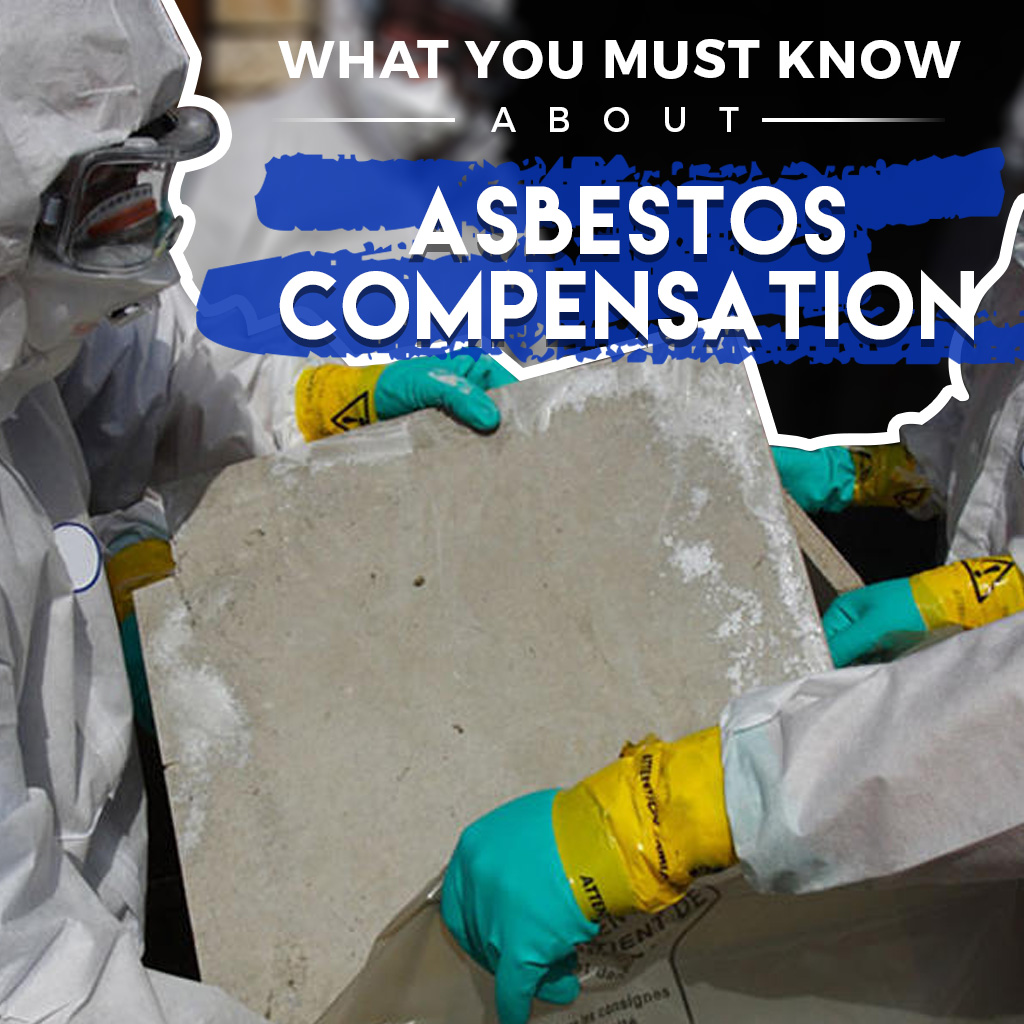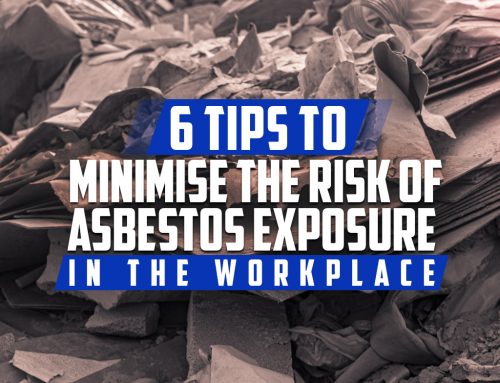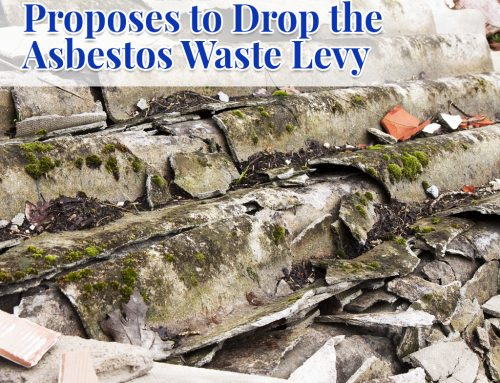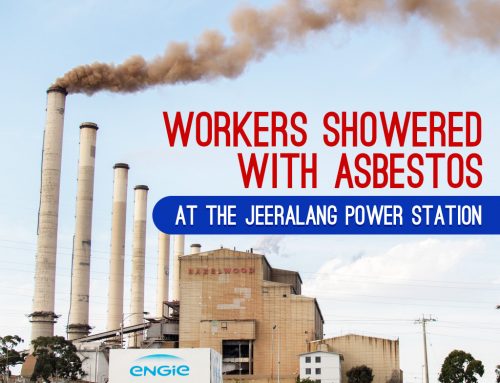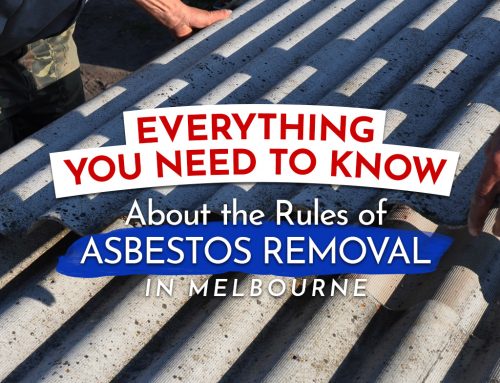Work related injuries, particularly the serious ones like mesothelioma (asbestos cancer) incur crippling medical expenses and may even come to the point of leaving a person unfit for work.
These injuries can lead to serious health problems that will affect your livelihood and your family and it is important to know that you can claim benefits or compensation for having been injured through asbestos exposure during the course of your employment.
A Guide on Asbestos Compensation
If you haven’t heard of asbestos compensation, you certainly have questions about it. While the most important thing to do is to talk to a lawyer, you can also familiarize yourself about asbestos compensation through the guide that we provide in this article.
Below are some of the basic questions that we know you’d like to ask, and a quick answer for each of them.
Can I make an asbestos compensation claim?
Most Australians who have been exposed to asbestos during the course of their employment and developed asbestos-related diseases have valuable rights to compensation. Compensation is generally claimed under common law.
Common law claims are made through the court and brought against a party who caused an individual to be exposed to asbestos.
Claims can be made even if:
● You’re no longer employed in the job where you’ve been exposed.
● Your employer is no longer in the industry
● Unsure where, when and how you got exposed to asbestos
● Exposure happened years ago
● Your exposure happened overseas
● You’re self-employed or a contractor
Note that you must claim for compensation within three years of being diagnosed with asbestos disease.
What are my entitlements?
A common law compensation may include amounts for:
● Pain, suffering, and loss of enjoyment of life as a result of asbestos disease (general damage)
● Past and future loss of income
● Past and future medical expenses incurred
● Costs of assistance and nursing care even for gratuitous care from family and friends
● Legal costs to bring a common law claim for compensation
What if I die before claiming an asbestos compensation?
If you’ve been entitled to common law claim in your lifetime, then your estate will still be able to continue with the claim even after your death. In addition, some cases include dependency entitlements. Ask your lawyer if this applies to you and your family
What is a statutory benefit?
Along with common law claim, another option is the statutory benefits given by the state government. It is a compensation scheme for people who develop asbestos-related diseases without proving third party fault.
This is especially claimed when you can no longer trace your employer or the party responsible for your exposure. You can claim these benefits on the premise that you have been exposed to asbestos during the course of your employment. Some people can claim statutory benefits in addition to common law claim. Talk to a lawyer to make sure you’re not missing a qualifying common-law claim in addition to statutory benefits.
In Victoria, people exposed to asbestos in course of their employment after Aug 31, 1985, can claim statutory benefits as stipulated in Workplace Injury Rehabilitation and Compensation Act of 2013. Call WorkSafe Victoria to make claim.
What are my entitlements from statutory benefits?
The payments that you will receive under statutory benefits are fairly similar with those from common law claims.
● Pain, suffering, and loss of enjoyment of life as a result of asbestos disease (general damage)
● Past and future loss of income
● Past and future medical expenses
● Costs of assistance and nursing care even from gratuitous care of family and friends
● Other out of pocket expenses for your health and medical needs
Here’s a guide from WorkSafe Australia Victoria on the process of making claims.
Disclaimer: This article is not intended to provide legal advice to those who are suffering from asbestos related diseases. This is merely a quick overview on the topic. No part of this article constitutes a legal advice or suggestion
Get in the know about the latest Asbestos issues and news, by following our blog.
